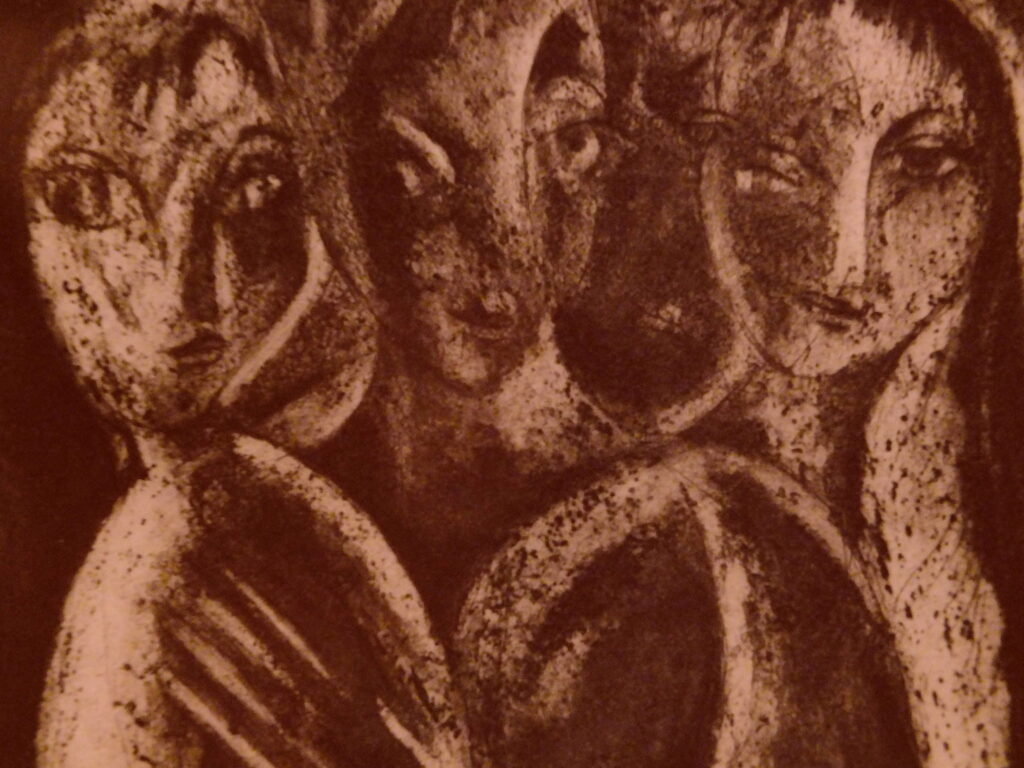Do we need to rethink traumatization? Traumatization in political, social, and cultural contexts
Book ticketsOrganised by:
Psychoanalysis and Politics

Description
BY SVERRE VARVIN
Part of the Psychoanalysis and Politics series Crises and Transmission
Persons and groups who have been exposed to Human Rights Violations are generally deprived of help, treatment and means to manage their lives. They are often ostracized and met with suspicion and rejection and they may be dehumanized.
This malfunctioning relation to people who have been exposed to social violence, gender-based violence, wars, torture etc., has a long history both regarding societies’ responses to them but also the professional field’s responses.
At present, refugees/asylum seekers are a bleak example in that they have become the chosen strangers of the political scene. They embody danger. They are perceived as carriers of “trauma” which, intrinsically and naïvely, is associated with a simplistic trope about violence: “yesterday’s victim may become tomorrow’s perpetrator”. The mere possibility of being destroyed and the nameless anxieties connected with the atrocities that many refugees have experienced, contribute to making the traumatized into frightening aliens ready to be cast in narratives about fundamentalist, fascinating, and frightening Islam.
In the European context, politicians and other responsible persons, figure as bystanders and witnesses who failed to help, and who allowed refugees to suffer under dehumanizing conditions.
In this presentation, I will discuss the dynamics of this situation and criticize present conceptualizations of traumatization in psychiatric and psychoanalytic field. While the acknowledgment of the traumatized person as having PTSD, seemed to be a step in the right direction, and set forth development of treatment modalities focusing on trauma, this movement also implied a reinforcement of the alienation of traumatized persons. The way refugees are treated is an example, but the pandemic of violence against women testifies to the same tendency. Furthermore, wars and violent conflicts are set in force regardless of the human costs and massive traumatization and transgenerational transmission it implies.
To rethink what traumatization implies and be better able to prevent atrocities and help traumatized persons and groups, we need to rethink what this violence against the human mind, and human relations, implies.
In the bodily-mental relational dimension, traumatization means lack of symbolization and grave disturbance in attachment systems.
In the group dimension, traumatization implies disturbance of identity as a member of a family, group, community, and nation and, when groups are affected, disturbance of the group’s function.
In the social and cultural dimension traumatization leads to disturbance in the individual’s relations with the culture at large: religion, cultural narratives such as folktales: the culture’s regulating function is disturbed.
I hope we can discuss how to further and develop our understanding of traumatization in social, cultural and political contexts.
Sverre Varvin is a training analyst in the Norwegian Psychoanalytic Society and professor emeritus at Oslo Metropolitan University. He has extensive experience in research and clinical work with severely traumatised people. He is chair of the International Psychoanalytical Association (IPA) China Committee. His latest book is entitled Psychoanalysis in Social and Cultural Settings: Upheavals and Resilience
(Routledge, 2021).
For more information: https://www.psa-pol.org/crises/do-we-need-to-rethink-traumatization/
